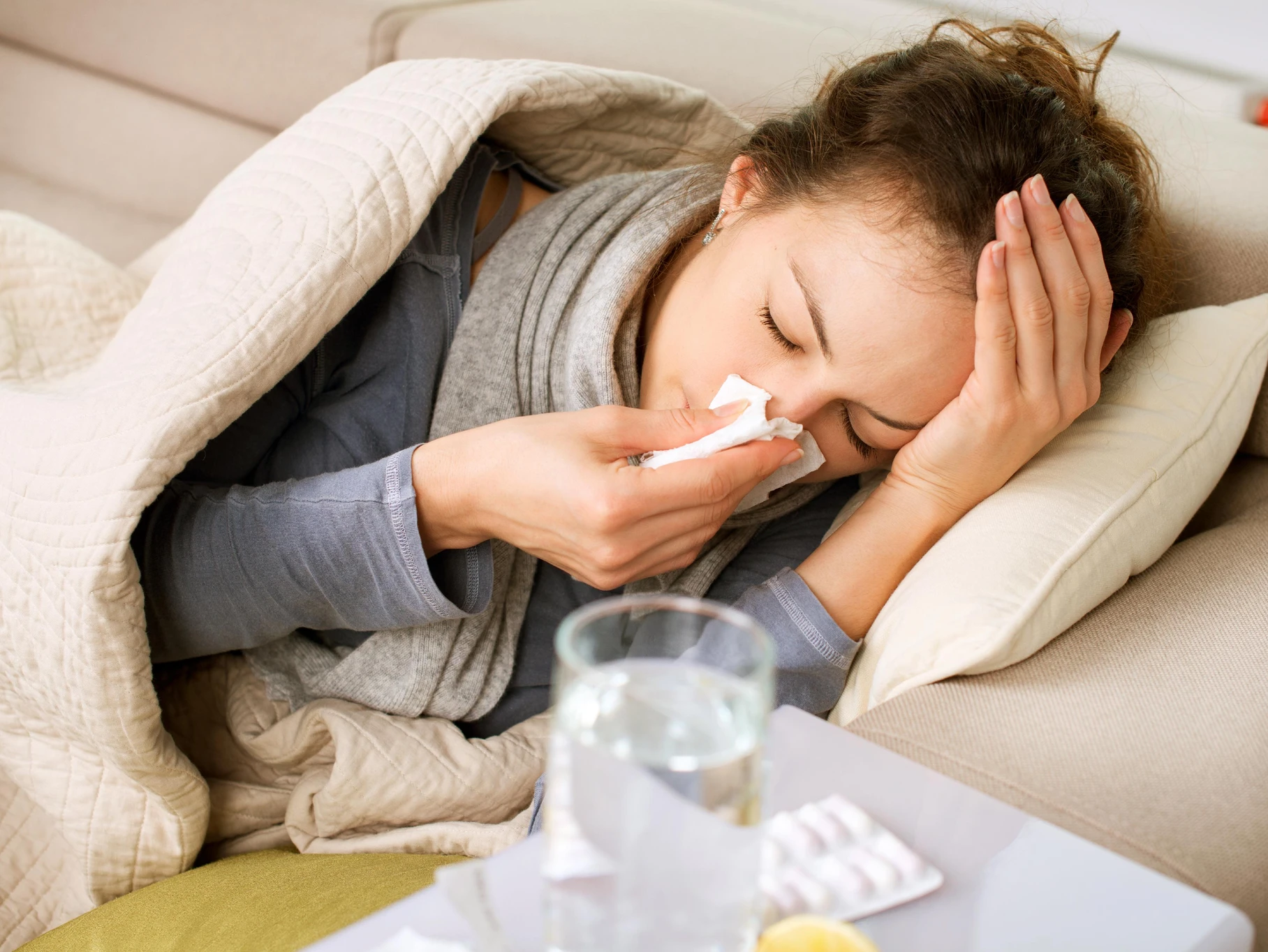Homecoming weekend at Hinsdale Central High School and Downers Grove North High School have come an gone. Within no time, students will be prepping for prom and the smooches will start flying. While nothing is wrong with kissing your boo, be careful to watch out for the infamous kissing disease, mono… Cue the spooky music!

Mononucleosis, also known as mono or the “kissing disease,” is a viral infection that is typically caused by the Epstein-Barr virus (EBV). It is most commonly transmitted through saliva, which is why it is often referred to as the “kissing disease.” However, it can also be transmitted through other forms of close contact, such as sharing utensils or drinks.
Symptoms of mononucleosis can include:
- Fever
- Fatigue
- Sore throat
- Swollen lymph nodes (particularly in the neck)
- Rash
- Headache
- Loss of appetite
- Enlarged spleen (an organ in the abdomen that helps to filter blood)
Symptoms of mononucleosis can take 4 to 6 weeks to appear after exposure to the virus. The illness can be severe, with symptoms lasting for several weeks or longer. In rare cases, mononucleosis can cause complications, such as inflammation of the liver or spleen, or anemia (a deficiency of red blood cells).
There is no specific treatment for mononucleosis, and the illness usually goes away on its own within a few weeks. However, there are steps you can take to manage symptoms and make yourself more comfortable:
- Get plenty of rest: Mono can cause extreme fatigue, so it is important to rest as much as possible to allow your body to recover.
- Drink fluids: Mono can cause a sore throat and make it difficult to swallow, so it is important to drink plenty of fluids to stay hydrated. Avoid acidic beverages, such as orange juice, which can irritate the throat.
- Use over-the-counter pain relievers: Over-the-counter pain relievers, such as acetaminophen (Tylenol) or ibuprofen (Advil), can help to reduce fever and ease muscle aches and pains.
- Avoid contact sports: Mono can cause an enlarged spleen, which can make it more prone to injury. It is important to avoid contact sports or other activities that could cause injury to the spleen until it has returned to its normal size.
To prevent mononucleosis, it is important to practice good hygiene and avoid close contact with people who are infected with the virus. This includes avoiding sharing utensils, drinks, or personal care items, such as toothbrushes. It is also important to wash your hands frequently and avoid touching your face, particularly your mouth and nose.
There is a vaccine available that can help to prevent mononucleosis, but it is not recommended for everyone. The vaccine is typically only recommended for people at high risk of complications from mononucleosis, such as those with weakened immune systems or those who have had organ transplants.
If you think you may have mononucleosis, it is important to see a doctor for a proper diagnosis and treatment. In some cases, mononucleosis can cause complications that require medical attention. By taking care of yourself and practicing good hygiene, you can help to prevent the spread of mononucleosis and protect yourself and others from illness.
As always, you can walk in and get quick and easy mono testing at Immediate Care by Curewell conveniently located on the corner of Ogden and Fairview. We are one of the top rated urgent and immediate care locations in the Western Suburbs of Chicago.
In the meantime…happy kissing 🙂







